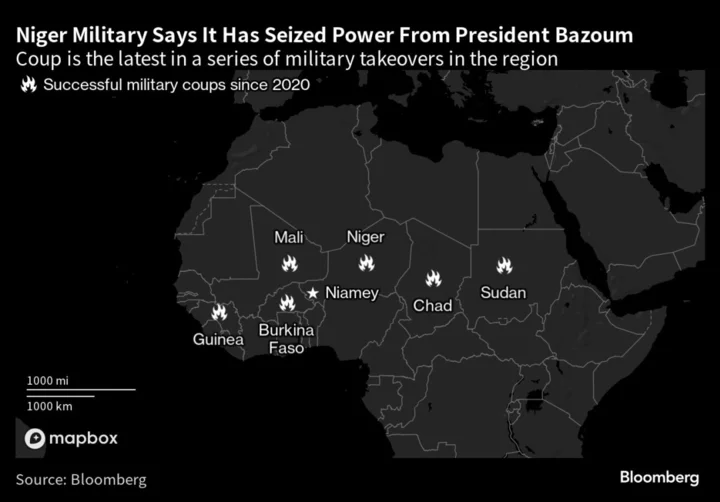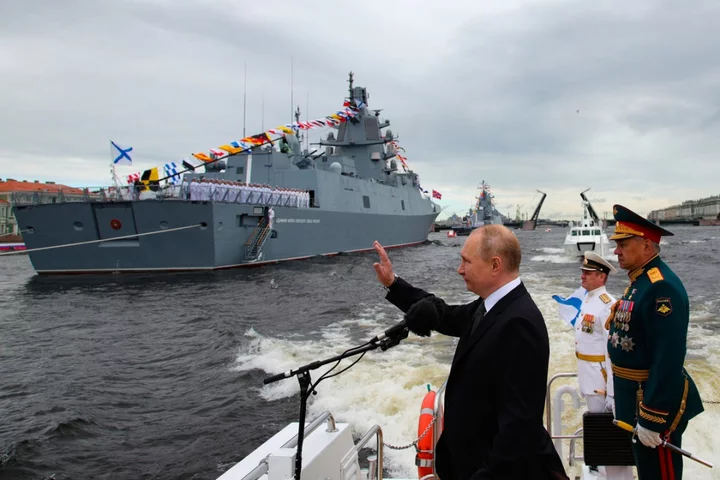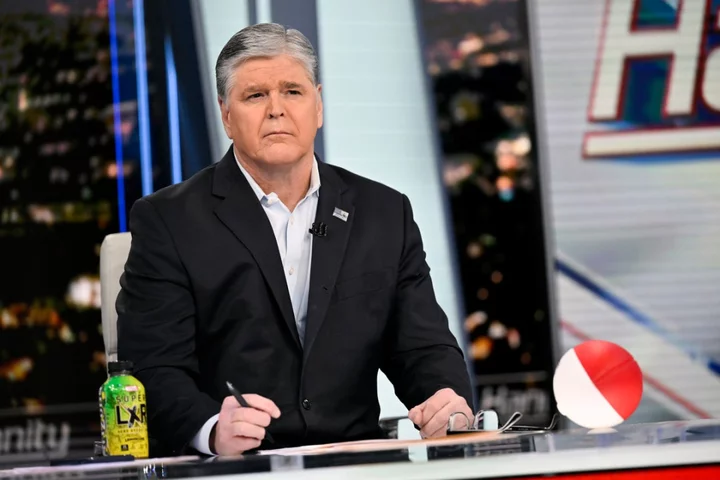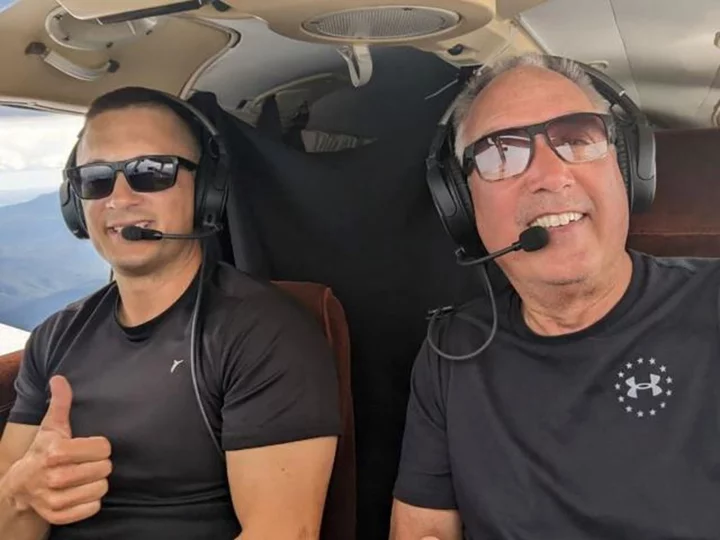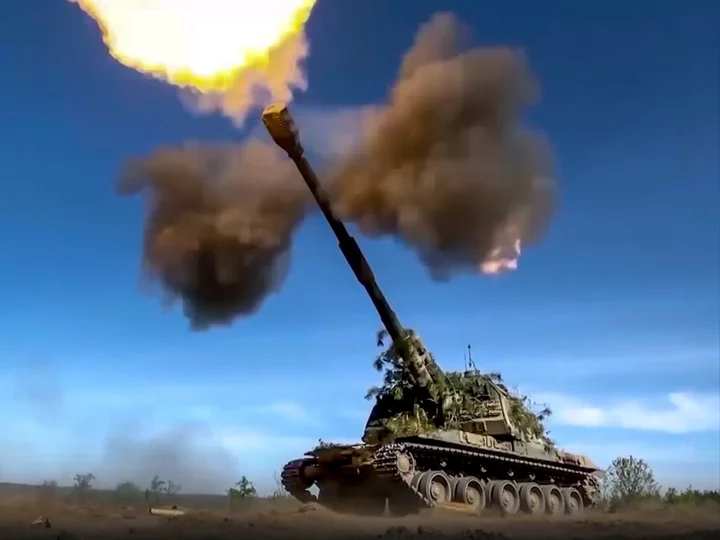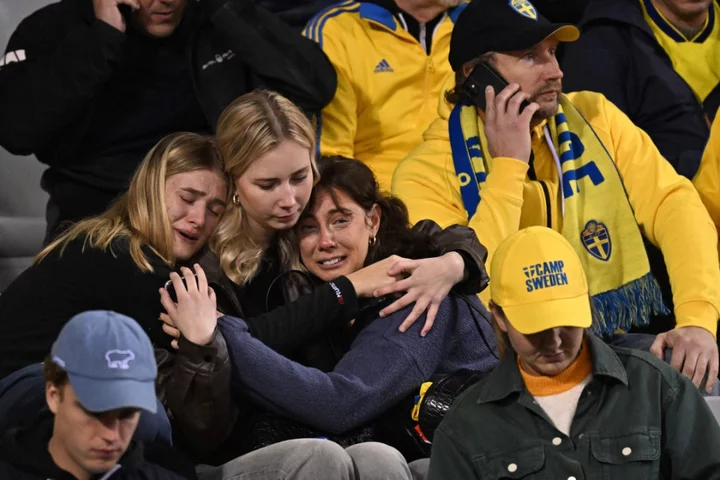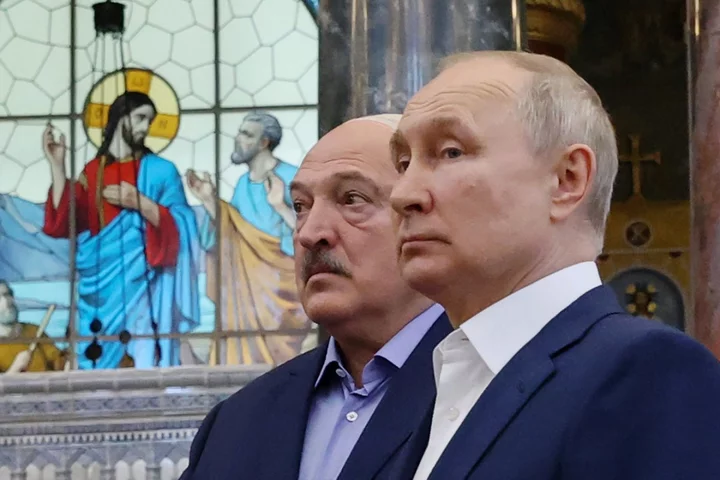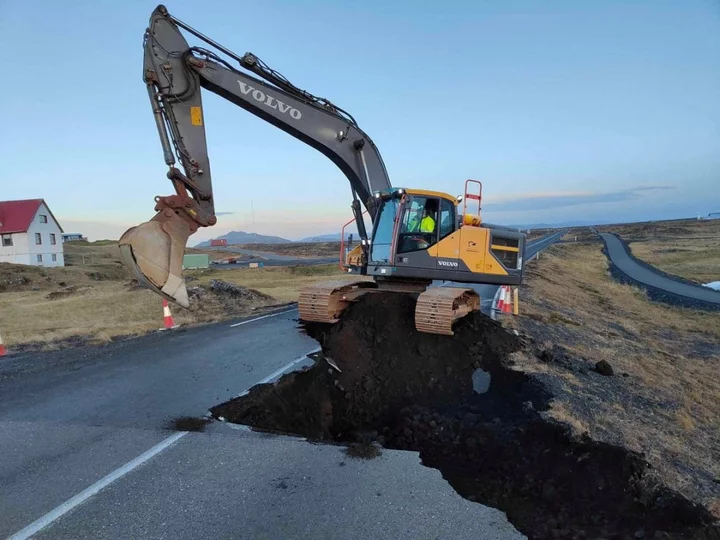Support for a West African military operation to reverse the coup in neighboring Niger wavered as a deadline for the junta to reinstate ousted President Mohamed Bazoum arrived on Sunday.
Senators in Nigeria — which would lead any intervention — on Saturday urged regional leaders to prioritize diplomacy over a military operation, at least for now. The junta that seized power in Niger on July 26 has rejected all calls to restore democracy and warned against any foreign interference.
Read more: What’s Driving Coups in Niger and Across West Africa?: QuickTake
Nigeria’s President Bola Tinubu is the acting head of the Economic Community of West African States regional bloc, where it has long been the most influential member and has the largest army. Any military action longer than one week would have to be approved by the Senate of the country, which shares a long, porous border and cultural ties with Niger.
It was unclear on Sunday at what time Ecowas, as the 15-member bloc is known, would consider the deadline to reinstate Bazoum to have passed.
While condemning the coup, the Senate called on Ecowas leaders “to strengthen their political and diplomatic options and other means with a view to resolving the political impasse,” Senate President Godswill Akpabio said.
Niger is a key international ally in the fight against jihadists that have killed thousands and displaced millions across the region over the past decade. The coup creates a belt of military-run countries that stretches from the Atlantic Ocean to the Red Sea, many of them less friendly with the West than they are with Russia, which has made inroads in the region in recent years partly through the Wagner Group.
Intervention Plan
West Africa’s defense chiefs agreed to a plan for a potential military intervention in Abuja on Friday after a three-day meeting of regional defense officials.
But Senegal’s government also faced pushback over the weekend after it said last week that it would contribute troops to an Ecowas force.
A military intervention on top of the already harsh sanctions imposed on Niger — which have sent prices soaring in the impoverished country — weakens its ability to respond to extremist groups, putting the whole region at risk, opposition parliamentarian Thierno Alassane Sall told lawmakers in the capital, Dakar, on Saturday.
“We’re an Ecowas member, but that doesn’t mean that we should give a syndicate of heads of state a carte blanche to start a war that’s likely to be the deadliest ever in our region, and risks dividing West Africa in two,” Sall said.
If the Ecowas intervention is seen as a means for ex-colonial power France — which has 1,500 counter-terror troops in Niger — or any other foreign power to retain military and political influence, it risks reinforcing long-running resentments in the region, Sall warned.
General Abdourahamane Tiani declared himself Niger’s new leader on July 28, two days after the presidential guard he leads detained Bazoum. Ecowas on July 30 closed borders with Niger and later set Aug. 6 as a deadline to restore democracy.

